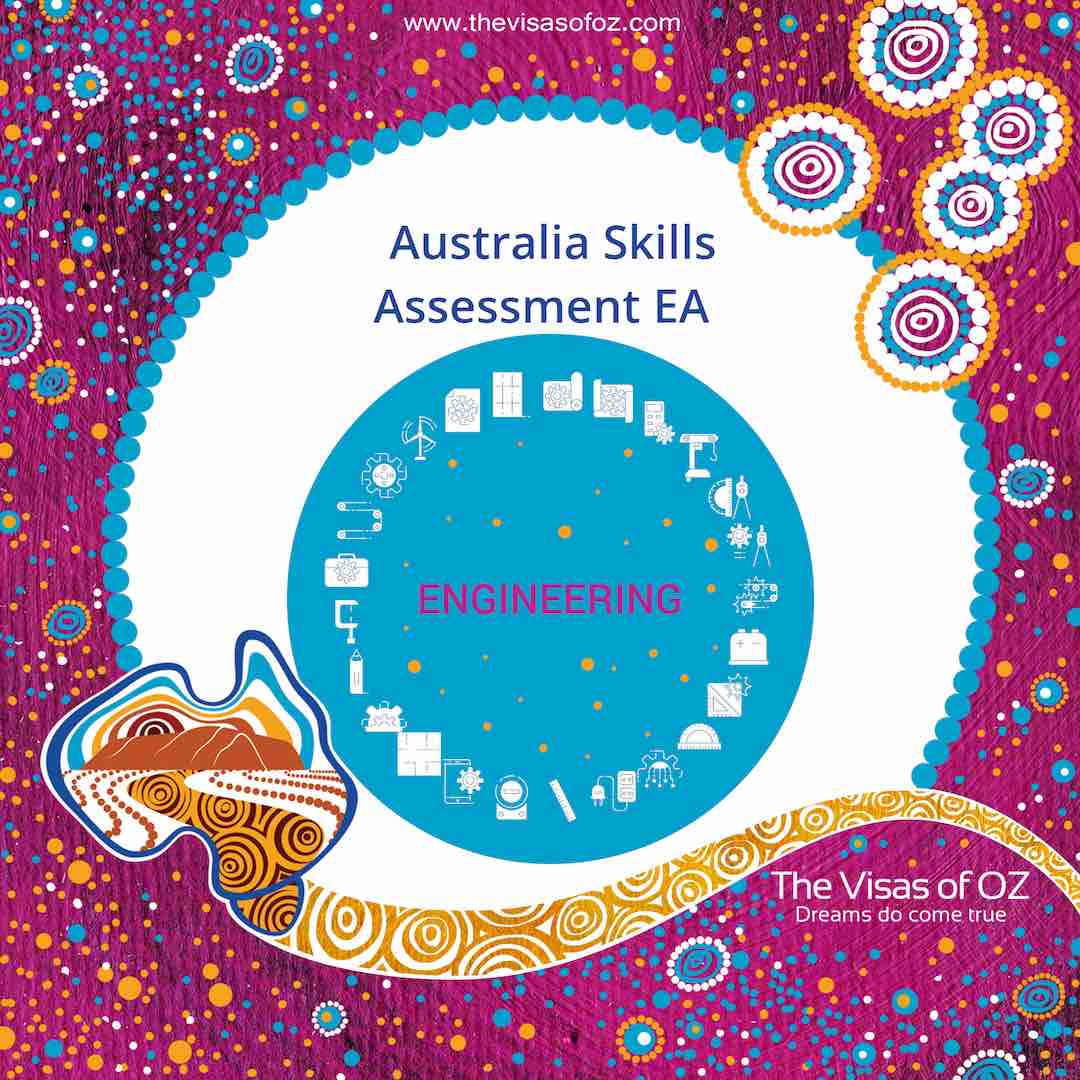Process
- Professional Engineer
- Engineering Technologist
- Engineering Associate
- Engineering Manager
- Australian Qualifications
- Washington Accord Qualifications
- Sydney Accord Qualifications
- Dublin Accord Qualifications
- Competency Demonstration Report
The standard assessment includes an opinion on the comparable Australian level qualification only. Work experience validation can be added as an extra service at an additional cost.
All applicants are required to provide evidence of English language test (ELT). ELT results must be no more than 2 years old at the time of application and minimal scores for each module must be no less than in the following table. ELT exemptions may apply to native English speakers and Australian graduates.
Module
Reading
Writing
Speaking
IELTS
6
6
6
TOEFL iBT®
13
21
18
PTE Academic™
50
50
50
Qualifications
Applicants can be assessed based on qualifications obtained either in Australia or in a country that is a full signatory to one of the three Accords (international agreements between bodies responsible for accrediting engineering degree programs):
The minimum academic requirements for an assessment via Accords are as follows:
Washington
Sydney
Dublin
The Australian Qualifications pathway is available to graduates of accredited engineering programs delivered by Australian universities both in Australia and overseas.
The assessment of Australian and Accord accredited qualifications is primarily based on undergraduate qualifications. However, some postgraduate qualifications have been accredited as standalone qualifications. The occupational outcome of the assessment reflects the title and/or content of applicant’s degree and only one outcome is given per assessment.
CDR
Applicants with non-accredited qualifications and engineering managers need to submit Competency Demonstration Report (CDR). CDR is also available to applicants who are seeking assessment in an occupation that is not the same as their degree title.
The CDR assessment is based on the undergraduate qualification and demonstrated graduate competencies and applicants need to provide evidence of both:
- The core technical engineering knowledge supporting the nominated occupation (degree certificate and official academic transcript),
- The demonstrated application of that knowledge in the nominated occupation (three career episodes based on engineering education and/or work experience)
CDR is assessed against the graduate competency standards and the ANZSCO definition of the nominated occupational category.
Employment
Work experience is not a mandatory requirement for a standard assessment. However, if employment is included in the assessment, then it must be full-time (minimum 20 hours per week) and relevant to the assessed outcome, in terms of occupation and engineering category.
Experience gained prior to the completion of the applicable qualification cannot be claimed. In general, research activities undertaken as a PhD student, or work experience as a Research Assistant/Fellow whilst undertaking a PhD cannot be assessed as relevant.
In addition, work experience should be a regular employment without long periods of unpaid leave and should be paid at the market or salaried rate for engineering professionals. Applicants receiving stipends, living allowances or scholarships will not generally be considered to be salaried.
Timeframes
MSA applications can take a long time to process and current waiting periods before an application is assigned to a case officer are as follows:
- 9 weeks for non-accredited qualifications
- 7 weeks for accredited Australian and Accord qualifications
- 20 working days for fast-track applications
An informal review of the assessment outcome can be requested within three months of receiving the original outcome letter and may take up to eight weeks. A formal appeal may take approximately nine months and can only be requested within three months of receiving the informal review outcome, but no later than within six months of receiving the original assessment outcome letter.



